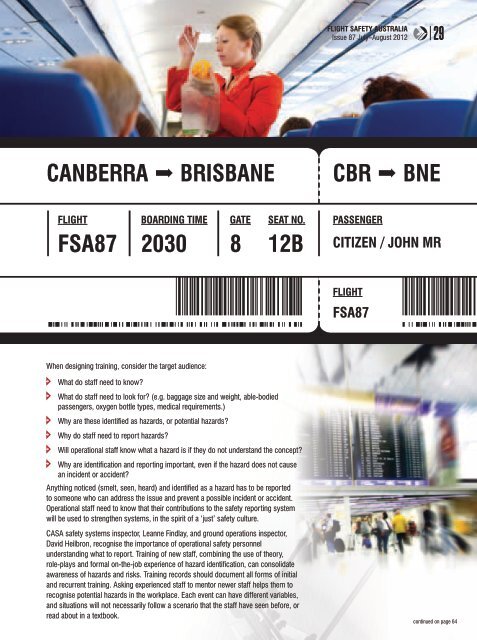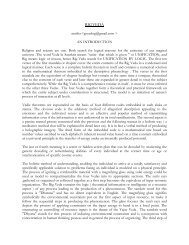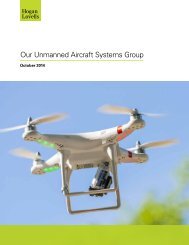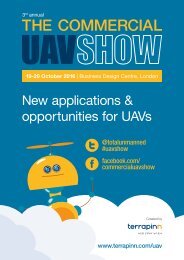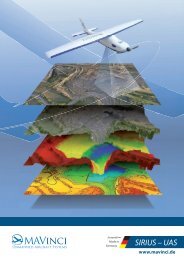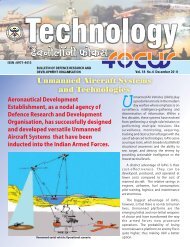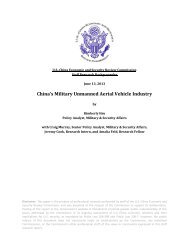jul-aug2012
Create successful ePaper yourself
Turn your PDF publications into a flip-book with our unique Google optimized e-Paper software.
Flight Safety Australia<br />
Issue 87 July–August 2012<br />
29<br />
CANBERRA ² BRISBANE<br />
CBR ² BNE<br />
FLIGHT<br />
FSA87<br />
BOARDING TIME<br />
2030<br />
GATE<br />
8<br />
SEAT NO.<br />
12B<br />
PASSENGER<br />
CITIZEN / JOHN MR<br />
FLIGHT<br />
FSA87<br />
When designing training, consider the target audience:<br />
What do staff need to know?<br />
What do staff need to look for? (e.g. baggage size and weight, able-bodied<br />
passengers, oxygen bottle types, medical requirements.)<br />
Why are these identified as hazards, or potential hazards?<br />
Why do staff need to report hazards?<br />
Will operational staff know what a hazard is if they do not understand the concept?<br />
Why are identification and reporting important, even if the hazard does not cause<br />
an incident or accident?<br />
Anything noticed (smelt, seen, heard) and identified as a hazard has to be reported<br />
to someone who can address the issue and prevent a possible incident or accident.<br />
Operational staff need to know that their contributions to the safety reporting system<br />
will be used to strengthen systems, in the spirit of a ‘just’ safety culture.<br />
CASA safety systems inspector, Leanne Findlay, and ground operations inspector,<br />
David Heilbron, recognise the importance of operational safety personnel<br />
understanding what to report. Training of new staff, combining the use of theory,<br />
role-plays and formal on-the-job experience of hazard identification, can consolidate<br />
awareness of hazards and risks. Training records should document all forms of initial<br />
and recurrent training. Asking experienced staff to mentor newer staff helps them to<br />
recognise potential hazards in the workplace. Each event can have different variables,<br />
and situations will not necessarily follow a scenario that the staff have seen before, or<br />
read about in a textbook.<br />
continued on page 64


